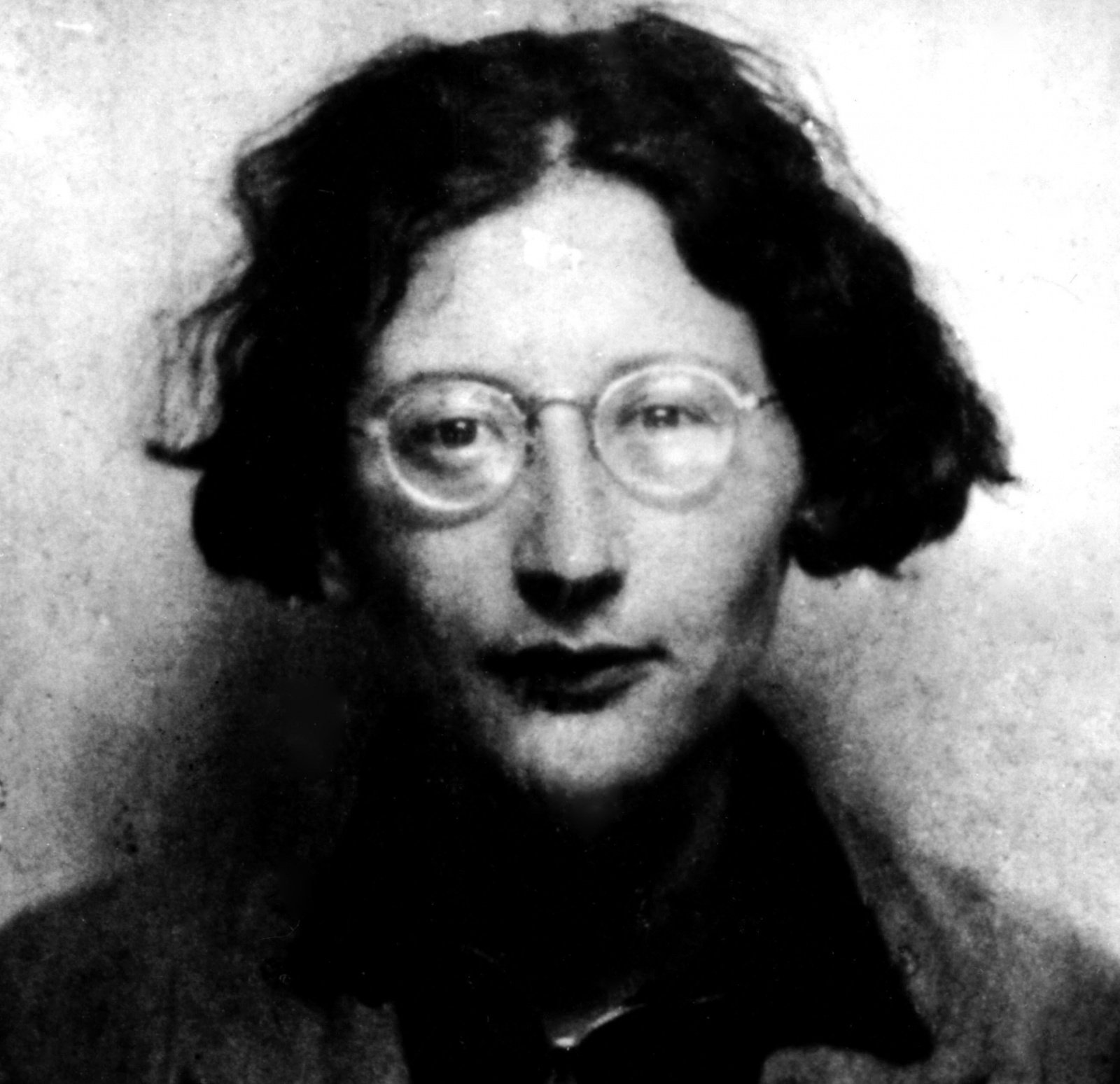Pay Attention: Simone Weil (1909-1943) and the Art of Selflessness
“She was the patron saint of all outsiders.” – André Gide
Nicko Mroczkowski July 30, 2024
How do you live a good life? This deceptively simple question is the source of the entire Western philosophical tradition. A certain path was laid by Socrates and we’ve walked it since, yet all of its detours eventually take us back to the original mystery.
Philosophy, of course, is also about knowledge and truth, but these things are worth little without a purpose in sight. It’s hard to admit, but not all knowledge is valuable. Consider ‘Information’, an iconic prose poem by American writer David Ignatow, which makes this point perhaps more clearly than any piece of nonfiction could. Its unnamed narrator describes the pleasure they’ve taken in counting out each of the two-million-something leaves of a particular tree. Knowledge is gained, it’s close enough to the truth, but it offers nothing.
Generous in Pardoning the Offenders, Francesco I d’Este. 1659.
The proper task of the philosopher has always been using knowledge to teach us how things should be; while the question of how they are is best left to the scientists. Simone Weil, a real philosopher’s philosopher, understood this prompt, but took things further. For her, to be a philosopher is not just to contemplate and tell us about ‘the good’, but to strive to actually be good. As she writes in her notebooks, ‘philosophy (including problems of cognition, etc.) is exclusively an affair of action and practice’.
Her unusual and tragically brief life is testament to this conviction. Born into a fairly wealthy family of professionals in Paris, she began her philosophical education at the prestigious École normale supérieure, which produced such celebrity intellectuals as Jean-Paul Sartre, Jacques Derrida, and Henri Bergson. Yet from a young age, she was notorious for refusing the comforts of her privilege and campaigning for the less fortunate. When granted a year’s sabbatical from the comfortable secondary-school teaching post that she secured after her graduation, she opted to build cars as an unskilled female (and therefore especially exploited) labourer in factories across Paris.
These episodes and tendencies are as much a part of her philosophical legacy as her ideas. When it comes to Weil, we need to look not only at what she wrote, but also what she did. Though she never actually published a full-length book, probably she was both too modest and too busy, there is no shortage of writing from Weil. Each of her texts is really the product of her experiences and the different phases that scholars sort them into – Marxism, Platonism, Christian mysticism – are also descriptions of the different periods of her personal life.
This is all pretty weird for a philosopher in the Western tradition. Many of us have discussed the relationship between theory and practice – the distinction originates in the work of Plato, the very first of the greats – but few have practised their theories to the extent that Weil does. She herself speaks of the ‘pettiness’ of the philosophers in their personal lives. Not necessarily to their discredit, but the great philosophers of the West have largely been armchair contemplators, favouring intellectual philosophical labours over manual ones.
“The best thing the individual can do is make themselves as small as possible; but also as large as all of creation.”
Not so with Weil, clearly. She believed that if, like any deep thinker, you really pay attention to something, really, you’re also already involving yourself in it. For her, to truly pay attention is to bring about a modification of one’s very being: namely, its disappearance. To be absorbed in something enough that the self fades from view. We typically associate paying attention with an active mental strain, as if our brains were squinting, as they might be in a boring lecture. Weil argues that this has it the wrong way around. It’s not so much that we’re training our focus on something, but more that we’re keeping everything else back – our desires, hang-ups, interests, and momentary emotions – in order to make space for the thing we’re attending to. And the strain we feel is the impatience to get back to our own matters. This is why she refers to attention as a ‘negative effort’, or as essentially passive. The wordplay is clearer in French: attention is attente (waiting), and paying it means anticipating, in large and small ways, the delivery of something bigger than us. When we listen carefully to a close friend, for example, are we not really setting aside our own cares and hanging out for whatever it is they want to confide in us, on their terms, which have become ours?
The Eye of God, Georgiana Houghton. 1862.
This way of thinking about attention has some consequences that are, once again, pretty strange. If attention is an emptying-out of the self, then a morality based upon it is one of radical selflessness. In contrast, Western philosophy has almost always held the individual and their freedom as the basis for any code of conduct. There are three traditional ways of establishing this foundation: thinking about how one could make oneself an outstanding person (Aristotle); thinking about the responsibilities that come with being a free individual (Kant); and thinking about how one’s actions impact the world outside them (utilitarianism).
Weil’s ethics of attention sidesteps these problems altogether. The best thing the individual can do, for her, is make themselves as small as possible; but also as large as all of creation. To live for others is her ultimate maxim. It makes sense, I think, why Weil’s life went the way it did. She saw the temptations of comfort as things that would ground her in herself. They were obstacles to, rather than opportunities for, the diversity of experiences that belongs to goodness. And she sought out this latter diversity by practising solidarity with the oppressed in every available context.
She certainly took this moral project to the extremes. She died of a heart attack at age 34. According to her biographers, she felt that she had to subject herself to the same conditions that her comrades were suffering in occupied France, having herself left for London to protect her family, and so she effectively starved herself to death. It’s difficult to say exactly whether this is an example to follow, but her compassion for others borders on the saintly. And her lesson is equally difficult to ignore: the right kind of knowledge is knowledge of others, and the right kind of life uses this knowledge to make things better for everyone.
A good life begins with paying attention to the things outside us, without cynicism, bitterness, or fear. We can’t understand who we are in the world just by thinking about ourselves. It all seems so obvious when put like this: how could we know what being good is without meeting the world we’re being good to? Like Buddha himself, we need to go out there and see for ourselves. Ironically, this kind of openness to others only strengthens our sense of the uniqueness of each individual.
This, then, is Weil’s advice. Be good: listen, lose yourself in the world, and in doing so, belong to it.
Nicko Mroczkowski



